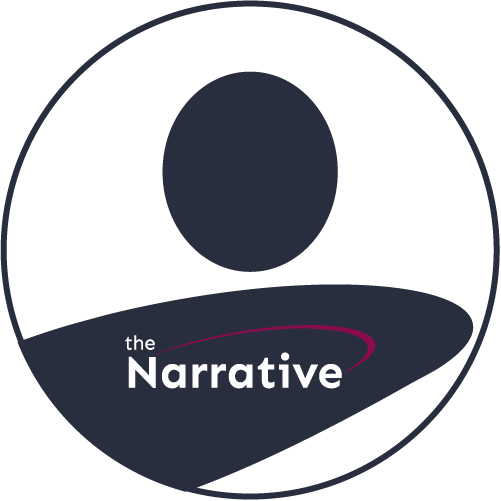
I love my job! When I took this job nearly 16 years ago, I thought I would stay five, maybe six years, but here I am! What has motivated me to keep working all this time? Here are a few of the reasons:
The NAACCR Staff
Each and every one of the NAACCR staff are highly trained and motivated professionals. They take great pride in their work, they are hard workers, and they are fantastic to work with. On top of that they are all great people. Although everyone works hard, we have established a healthy work environment and encourage a beneficial work-life balance. Staff are spread out across the US, but every morning we touch base about the day’s activities and to encourage connections across the miles.
The NAACCR Members
Over the years I have had the opportunity to work with most of the registries in the US and Canada. Getting to know you and your registries has been wonderful. There are so many facets of registries and their operations to learn about from you. And I feel like I have friends in every state and province. I’ve said many times that the NAACCR Community is unique. No other group works so hard together to improve the work of surveillance. It has truly been an honor to work with all of you.
The Standard Setters
We are united by a common mission to reduce the burden of cancer in North America. I have had the pleasure of working with dedicated and committed individuals in many agencies who are eager to collaborate to advance this important goal. We have made great progress over the years, and I am proud to have played my part working with these groups. It is important and meaningful work.
The Challenges
There is never a dull moment in this job! There is always work to be done, new material to learn, and new challenges to address. The work of NAACCR is extensive — registries are constantly facing new requirements and demands. They must learn to implement new technologies and how to build new alliances. They face financial hardships. Yet they strive to maintain the quality of the data and comply with timeliness and completeness standards. NAACCR supports the development of approaches to face all these challenges through our volunteers and committee structure.
The Science
I have had the opportunity to work on numerous epidemiologic studies and analyses- from helping with the study design, to overseeing data collection, to analysis. I’ve had the honor of authoring or co-authoring scores of papers, reports, chapters, talks, and manuscripts.
The Mentorship
I have had excellent and supportive mentors throughout my career, and hope that I have provided guidance to the next generation of cancer surveillance leaders.
Important and meaningful work
Working in cancer surveillance has been my way to contribute to the war on cancer. We all continue to have friends and family that we lose to this family of diseases, and often we feel personally discouraged by these losses. Yet over the years we have been able to document declines in both cancer incidence and mortality for many sites. Without cancer surveillance we would not be able to monitor these trends and measure the progress that has been made, nor guide cancer control interventions.
The role of the NAACCR Executive Director is an important one. As the Executive Director you help set the course for the future of cancer surveillance in North America. You ensure collaboration among all the partners and the registries. You help steer the ship through the tempests and keep it moving in the doldrums. You work with registries and partners around the world to ensure that we can aggregate and compare data around the globe. You write scientific papers, give presentations, and organize conferences. It’s challenging, rewarding and fun! The best part is you are never alone—the NAACCR members are always there with you –giving just as much as you do.
Tags: Executive Director, Featured, NAACCR, job opportunity
What to Read Next
NAACCR December 2023 Call for Data Update
NAACCR has completed the data quality assessments of the December 2023 Call for Data (CFD) Submission File. We will be…
CiNA Writing Network Workgroup Seeks Members!
The CiNA Writing Network is a new Research & Data Use workgroup! This workgroup will oversee methods and research papers…
Looking Ahead: Changes Approved for 2025 Registry Data Standards
The High-Level Strategic Group (HLSG) voted earlier this month to approve changes to the NAACCR Data Standards and Data Dictionary…





